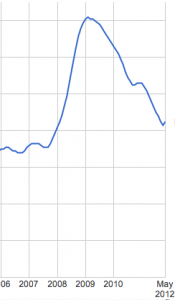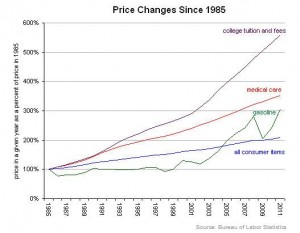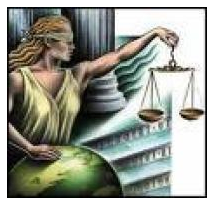The Day Gun Rampage in Elementary School MI Passes Bill Allowing Guns in Schools
There is absolutely horrifying news coming out of Newtown, CT, where 27 people–18 of them young children–are reported dead in a gun rampage.
The President’s spokesperson, Jay Carney has already said today is not the day to talk about gun control laws. (Update: Obama did speak briefly. It was a very touching statement that promised action.)
Can we talk about this, then? A bill passed in the MI legislature’s last day frenzy last night will expand concealed carry to include schools, day care centers, churches, and stadia.
Changes to the concealed weapons law passed the state House and Senate late Thursday, allowing trained gun owners to carry their weapons in formerly forbidden places, such as schools, day care centers, stadiums and churches.
Schools, however, and privately owned facilities could opt out of the new law if they don’t want people carrying guns in their buildings.
The bill also would transfer the power of granting concealed-weapons permits from county gun licensing boards to the county sheriff.
State Rep. Joel Johnson, R-Clare, called the bill a “pro-public safety bill” because it allowed gun owners to be an asset to public safety in volatile situations.
Again, this bill is not yet–at least according to reports–law. Governor Snyder has not yet signed it.
If we take one immediate lesson from Newtown, shouldn’t that be schools and day cares are no place for guns?
Update: The MI House GOP just issued a statement in response to the CT massacre. They start by saying the culprit was intent on spreading evil–not death. (h/t Josh Pugh)
Regarding the school shooting in Connecticut, our first concern is thinking about the families and the tragedy they have suffered at the hands of a criminal bent on spreading evil.
After that show of concern is done, they spend four paragraphs defending their bill in the name of public safety.
Therefore, having well-trained individuals with the freedom to carry a concealed pistol may be considered a public safety asset that could act as a deterrent against such shootings or, if an evil criminal does strike, may prove to serve as protection for innocent bystanders.
It is the belief of many representatives in our caucus that it is criminals who have no intention of following any law that are the perpetrators of such heinous crimes as school shootings. Strict gun-control laws do not stop criminals from committing evil acts, they merely infringe on the rights of law-abiding citizens who might be able to take action against evil if given the chance.
The only way this statement makes sense in the context of the CT shooting is if they imagine kindergartners as the “law-abiding citizens who might be able to take action.”
Finally, in a press release lobbying for their bill in spite of the massacre that four guns in a school just caused, they beg people not to politicize CT.
Regardless of where anyone stands on the gun-rights debate, however, we will encourage everyone to try to refrain from politicizing the tragedy in Connecticut.
As you read this, remember that these are the “pro-life” people who also just rammed through a bill requiring that women be counseled on burial options if they want an abortion.
Incidentally, the gun bill is still on Governor Snyder’s desk. But don’t worry. He issued a tweet offering thoughts and prayers, but not veto.
Our thoughts and prayers go out to the victims and the families in Connecticut.




